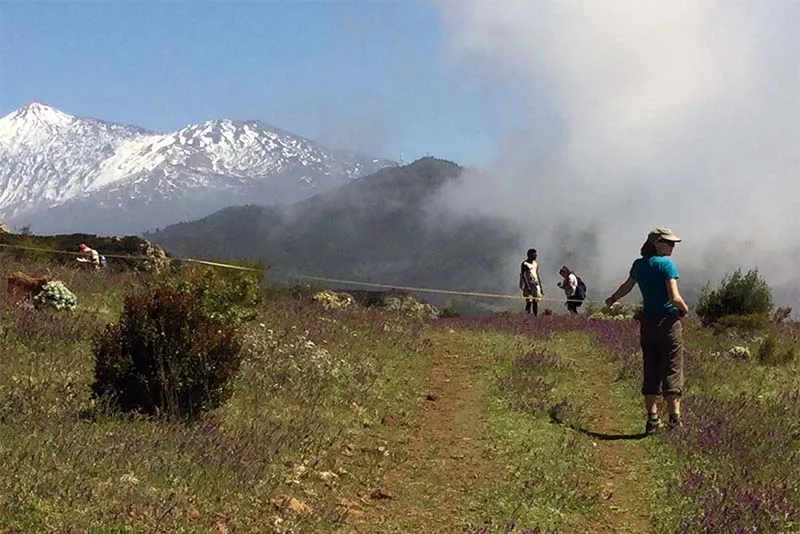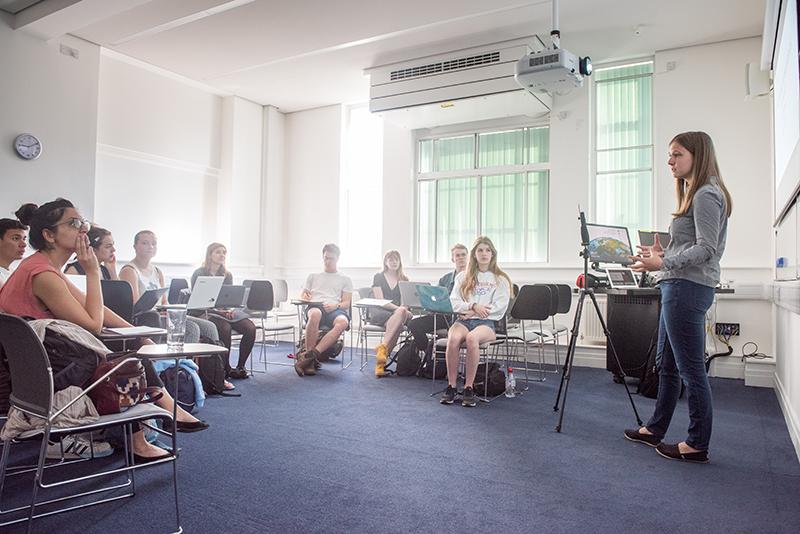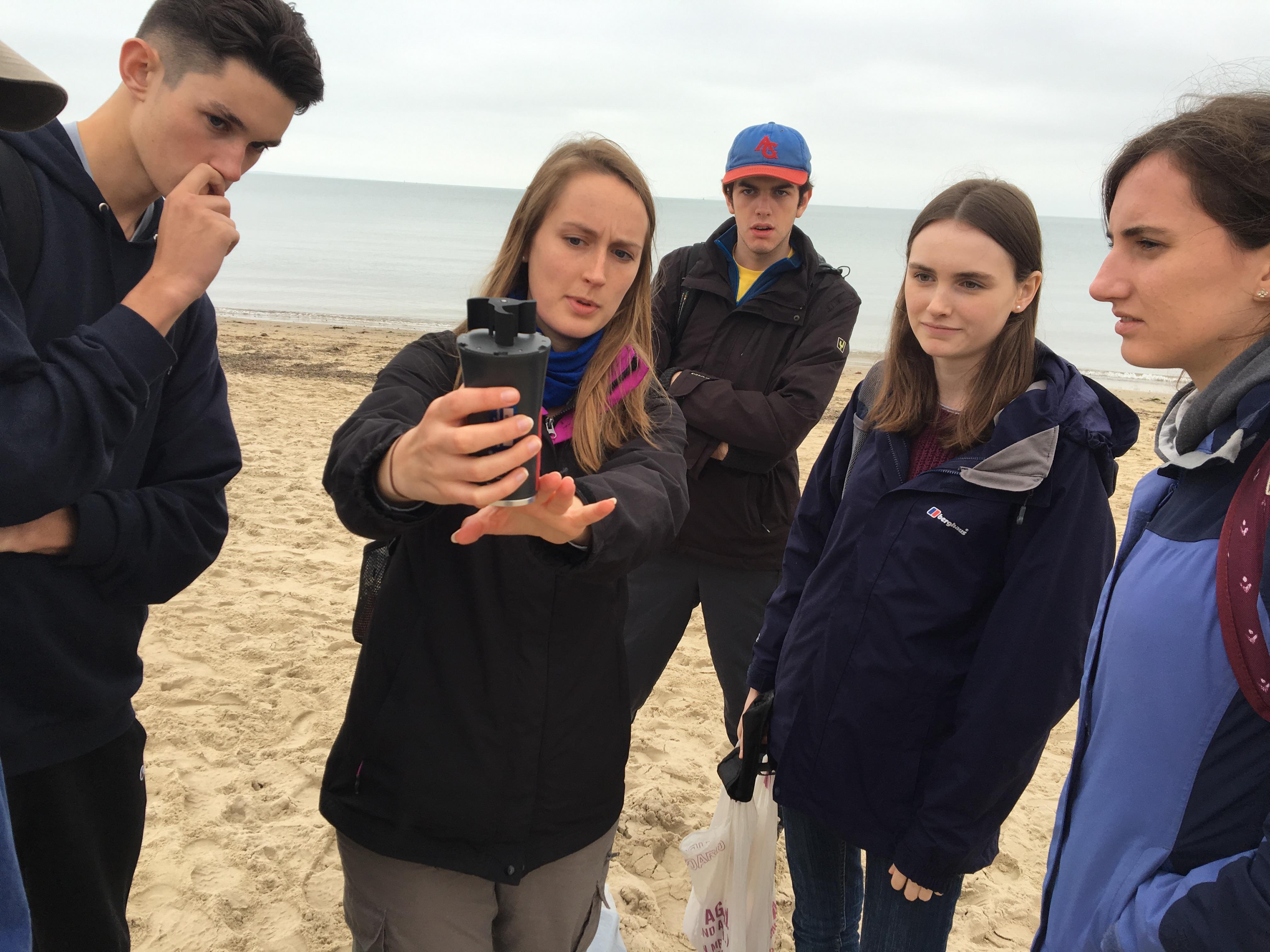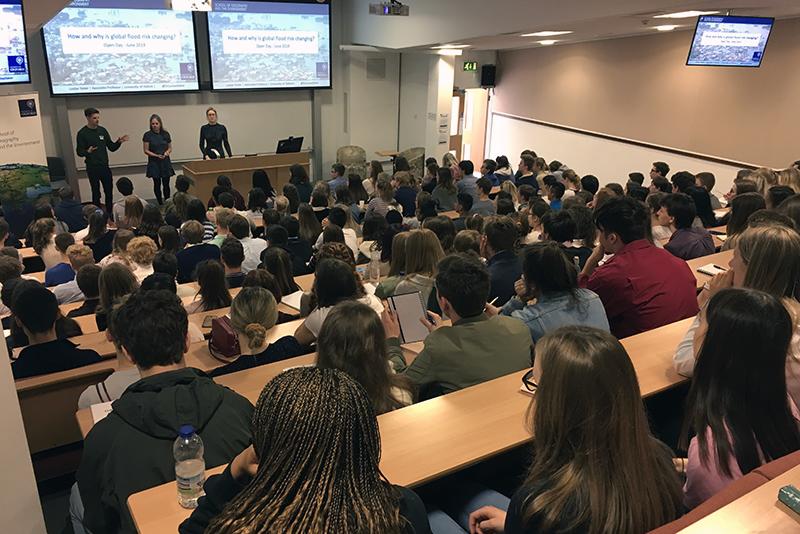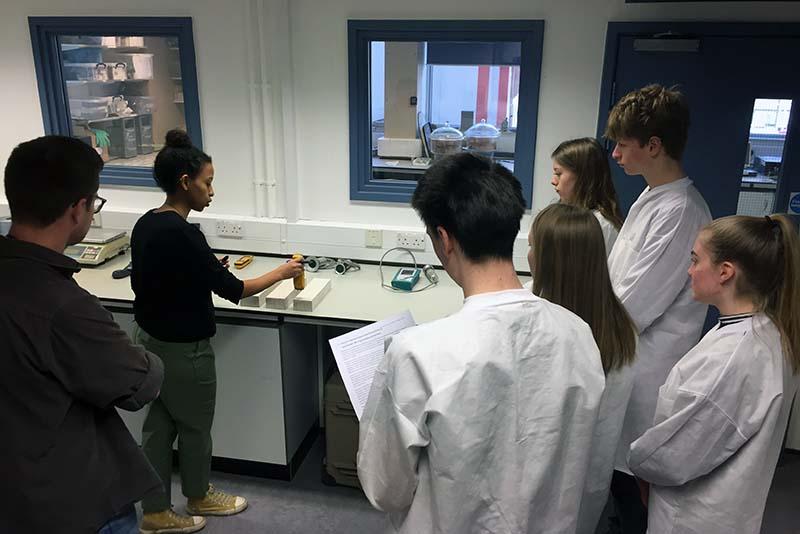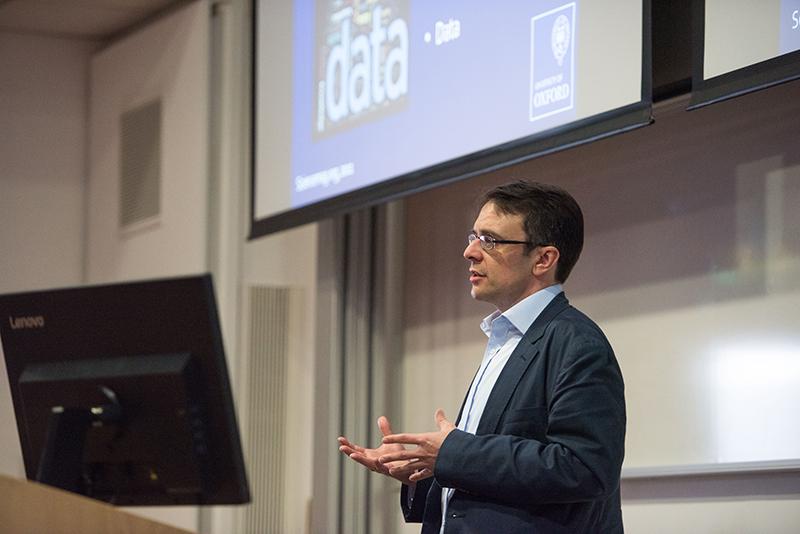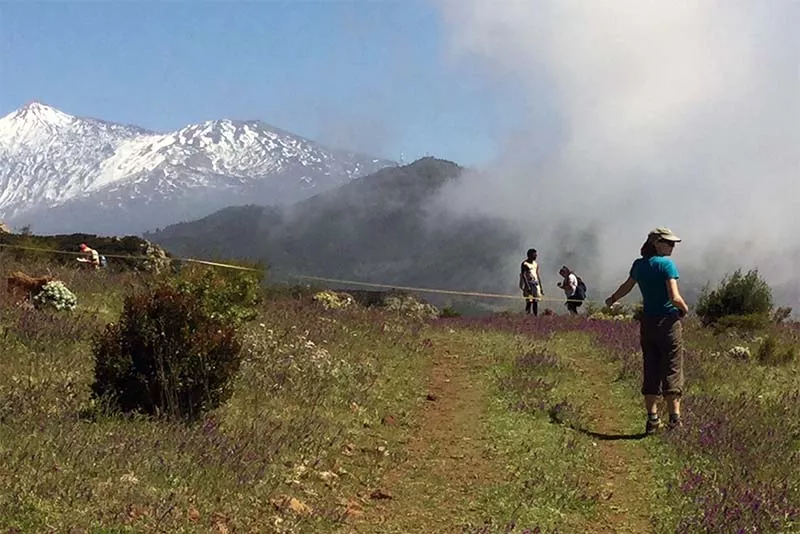Why study Geography at Oxford?
Geography at Oxford is:
- Relevant … to the challenges facing the planet in the 21st century.
- Interdisciplinary and flexible … allowing you to pursue your interests, whether they are in physical, environmental, or human geography, or at the disciplinary intersection.
- Grounded in world-leading research … learn from researchers who are changing how we think about the world.
- A gateway to a wide range of careers … learn a wide range of transferable skills of value in the world of work, including numeracy, computer coding, data analysis, qualitative research, research design, communication skills, and critical thinking. Geography graduates are highly employable and move into a wide range of careers.

"When applying, I loved the fact that the Oxford course allows everyone to study both physical and human geography before going on to specialise. This gives you a great foundation for geography at the university level, and means the subject matter is always so varied. We go from tutorials on postcolonialism and gender to ones on rivers and dunes, which definitely keeps you on your toes! It's rather satisfying how often my friends will say 'Wow I didn't know you learn about that in geography!'"
Amy, third year undergraduate
Explore the links below to see the diversity of option courses available within the course structure; be introduced to the staff members and learn about their research; see the opportunities for field-based learning and skills teaching; and explore the pathways you could follow through the degree course.
Take a look

Geography at Oxford

Broadening your horizons at Oxford Geography

Finding myself at Oxford Geography
Finding your pathway through the degree
The first year course is a foundational year, introducing students to the key concepts and skills in both physical and human geography. All components of the first year course are compulsory, but after the first year you can follow your own interests whether these are in physical geography, human geography or whether you want to maintain interdisciplinary interests.
Students construct their pathway by choosing:
- two out of the three 'foundational courses': Space, Place and Society; Earth System Dynamics; Environmental Geography;
- their second year field course (Berlin - human; Netherlands - environmental; Tenerife - physical);
- three options - from a wide range available focusing on specialist aspects of human, physical and environmental geography. There are no restrictions on which combination of options students may choose; and
- their dissertation topic - a completely free choice of topic.
Example pathways through the Oxford Geography course
Year 2 foundational courses
-
Earth Systems Dynamics
Foundation paper
Long term environmental change through contemporary climate change and geomorphological and ecological elements. -
Environmental Geography
Foundation paper
Major environmental issues approached through an interdisciplinary lens, involving both science and social science. -
Geographical Thought
Core paper
What geographers do and how they approach their work, including a focus on scientific method and application.
Years 2 & 3 optional elements
Three optional papers are taken. *
Those with a largely science content currently include:
- Climate Change and Variability
- Climate Change Impacts and Adaptation
- Complexity
- Conservation
- Desert Landscapes and Dynamics
- Geographic Data Science
- Heritage Science and Conservation
- Island Life
- The Quaternary Period: Natural and human systems
Dissertation
Original research project spanning 6 months in years 2 and 3.
The topic is self-selected and often links closely to optional subject interests.
Residential fieldcourse
The Tenerife field course provides field and analytical methods training in climate, geomorphology and ecology.
* Please note that course content above is indicative and the list of Options is not exhaustive and is subject to change each year.
Year 2 foundational courses
-
Space, Place and Society
Foundation paper
Topics such as inequality, development, sovereignty, consumption and globalization. -
Environmental Geography
Foundation paper
Major environmental issues approached through an interdisciplinary lens, involving both science and social science. -
Geographical Thought
Core paper
What geographers do and how they approach their work, including a focus on scientific method and application.
Years 2 & 3 optional elements
Three optional papers are taken. *
Those that are largely social science include:
- Childhood and Youth in the Global South
- Contemporary Issues in Cultural Geography
- Critical Development Geographies
- Environmental Governance in Central Asia
- Finance and Sustainability
- Geographies for the Anthropocene
- Geographies of Finance
- Geopolitics in the Margins
- New Approaches in Urban Geography
- Politics, Society and Culture of China
- Sustainable Urbanisms
- Transport and Mobilities
Dissertation
Original research project spanning 6 months in years 2 and 3.
The topic is self-selected and often links closely to optional subject interests.
Residential fieldcourse
The Berlin field course provides field methods training in urban, political, and cultural geography.
* Please note that course content above is indicative and the list of Options is not exhaustive and is subject to change each year.
Year 2 foundational courses
-
Earth Systems Dynamics
Foundation paper
Long term environmental change through contemporary climate change and geomorphological and ecological elements.OR
-
Space, Place and Society
Foundation paper
Amongst other themes, this course explores neoliberalism (which underpins market based environmental policy), theories of states and sovereignty (relevant to understanding environmental governance). -
Environmental Geography
Foundation paper
Major environmental issues approached through an interdisciplinary lens, involving both science and social science. -
Geographical Thought
Core paper
What geographers do and how they approach their work, including a focus on scientific method and application.
Years 2 & 3 optional elements
Three optional papers are taken. *
Those which are largely environmental in focus include:
- Childhood and Youth in the Global South
- Contemporary Issues in Cultural Geography
- Critical Development Geographies
- Environmental Governance in Central Asia
- Finance and Sustainability
- Geographies for the Anthropocene
- Geographies of Finance
- Geopolitics in the Margins
- New Approaches in Urban Geography
- Politics, Society and Culture of China
- Sustainable Urbanisms
- Transport and Mobilities
Dissertation
Original research project spanning 6 months in years 2 and 3.
The topic is self-selected and often links closely to optional subject interests.
Residential fieldcourse
The Netherlands field course explores issues of environmental governance and conservation with projects including conservation and rewilding, sustainable transport, innovation in sustainable agriculture, sustainable urban development and climate justice/climate litigation.
* Please note that course content above is indicative and the list of Options is not exhaustive and is subject to change each year.


